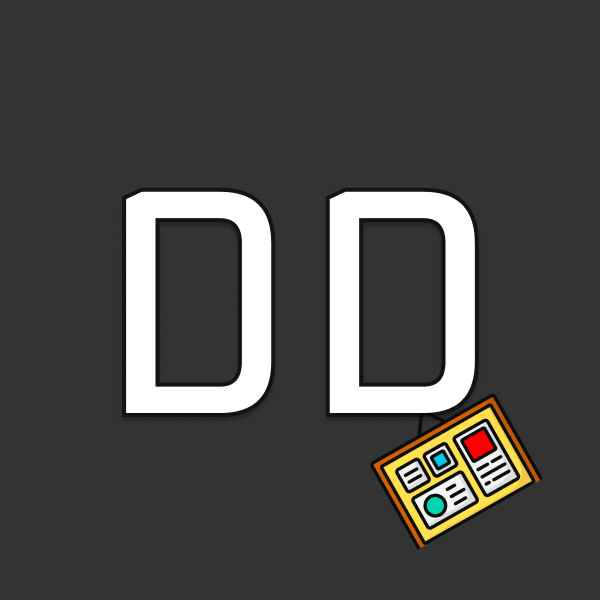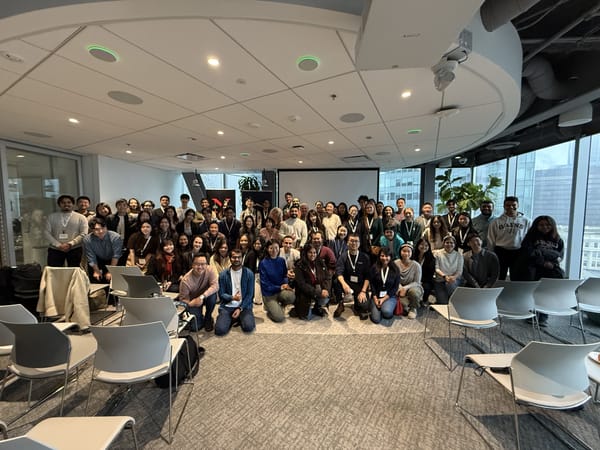Differences between working as a PM in Big Tech vs medium-sized company

Let’s compare and contrast the lessons learned from big tech and medium-sized teams when building software products as PM (product manager)!
Product development shifts drastically depending on the team size and organization you’re a part of. Whether you’re viewing it from a product management, software development, or designer lens, anyone can admit that the environment matters.
While startup life entails a separate topic entirely, I figured a more direct apples-to-apples comparison between big and medium-sized tech firms would underscore some key differences in today’s article.
The way we’ll do this analysis in two ways: first, we’ll evaluate the pros and cons from just a general career perspective. Second, we’ll dive deeper into the nuances of product development and product management between the two types of environments.
Both levels of analysis will greatly influence one’s PM experience; either interchangeably or in correlation with each other. One thing to clarify here is that we won’t cover the differences in compensation or benefit packages, since this could be an entirely separate topic
Pros & Cons: Big Tech
Pros:
- The most obvious one is the abundance of resources available to grow and educate junior and senior PMs alike. Mentorship is everywhere. It was straightforward for me to shoot emails over to folks I found interesting and wanted to chat with. Many companies already have established mentorship programs to grow their junior employees.
- Typically, you’ll find a decent-to-strong product culture in the organization across both discovery and execution. Large, modern tech companies have continuously embraced product managers to lead product teams and drive stakeholder management. Many will boast established cross-functional teams that know how to set their PMs up for success better than ever before.
- The diversity of technology and products remains unparalleled, especially at conglomerates such as Apple, Amazon, Microsoft, and Google. PM processes are incredibly diversified. They vary between individual product teams to the point where some could be more different between teams within the same organization rather than across organizations. For both early and mid-career PMs, this poses an incredible opportunity to gain rich exposure across all methodologies and best practices to run a product team.
- Breadth and depth. We’ve already covered the diversity of exposure in large organizations and their abundance of people and resources, but finding that balance between breadth and depth makes working at large tech giants incredibly fun. One anecdote from Microsoft would be the crazy amount of problems in the world of Bing Search: on the one hand, you could touch a myriad of areas (search algorithms, indexing, data processing, scrawling, etc.), and on the flip side, there are hundreds of million dollar problems to solve (how can we reduce the number of garbage URLs from showing up in the top 40B indexed database for Bing search?).
Cons:
- The relatively lower risk of job vulnerability spurns a trickle-down effect on the culture and environment of the business. Teams may be less willing to take risks, or leadership may attempt to treat their team like a start-up, resulting in process misalignments and lost expectations.
- It’s generally difficult to move fast with tens, if not hundreds, of moving pieces and dependencies tying down your movement as a product manager. For example, if you’re trying to lead a new ML (machine learning) project to improve your particular product, there are conversations needed on capacity, infrastructure, cost, other team dependencies, leadership/stakeholder approval, A/B testing, and many other intricacies or prerequisites that need to be checked off first before movement can be made. It can be painful for a PM, but most PMs in larger organizations recognize and have ways of dealing with these existing bits of friction.
Pros & Cons: Medium-sized Company
Pros:
- Generally speaking, you may get more visibility for your work and/or scope. Your exposure to politics and stakeholder management will bring you out of the chaos as a better-equipped PM who can fight any battle. This type of experience is invaluable, and the rewards are reaped with incredible results that pertain to both product and personal success.
- While the technology and products may be less diverse on average, a narrow focus can help benefit your PM career in the long term, especially if you work at a fast-paced, modern organization that continues to scale. Becoming an SME (subject matter expert) in your respective space comes more easily in this case, since both you own personal brand and experiences could be more aligned with your company’s domain. Just be sure to pick the right time in your career to double down on a domain/industry that you’re passionate about!
- With more visibility typically comes more involvement with various tasks and responsibilities that could fall outside the realm of a traditional big-tech PM. I could name a plethora of things off the top: running blogs, sales enablement (educating sales or marketing on your product’s most valuable features), creating documentation, filming tutorial videos, and even establishing execution processes.
Cons:
- Both responsibilities and processes may grow chaotic at times with more direct leadership control. This is where risk really populates: product development and business processes will be ever-changing due to company circumstances and growth. Leadership will bear the responsibility to ensure the organization is kept in line; competent leadership is always a must in this case, otherwise, friction will occur.
- While there tend to be different financial compensation packages that may or may not offer as much as big tech, educational resources in the form of network connections could be the more limiting factor. It’s important for all tech people (PM or not) to continuously network and seek mentorship or knowledge-sharing across other organizations outside of their own. It’s fine to stay within one’s ecosystem of people if it’s a massive conglomerate, but proactiveness to step out of said ecosystem is needed in smaller companies.
- Product management processes may feel either more streamlined or less “flavorful” compared to big tech. Since there are obviously fewer PMs and smaller product teams, there may be limited exposure to different ways teams “do product.” Imagine moving from somewhere like Meta or Google (where PMs stem from all sorts of diverse backgrounds and experiences to pool their knowledge together), to a smaller company that may boast fewer practices since the product culture may be more unified. Of course, that’s not to say this is necessarily bad — you may find engineers who live and breathe a strong product culture no matter the organization.
About Me
My name is Kasey Fu. I’m passionate about writing, technology, AI, gaming, and storytelling 😁.
Follow this publication for more technology and product articles! Check out my website and my Linktree, and add me on LinkedIn or Twitter, telling me you saw my articles!





